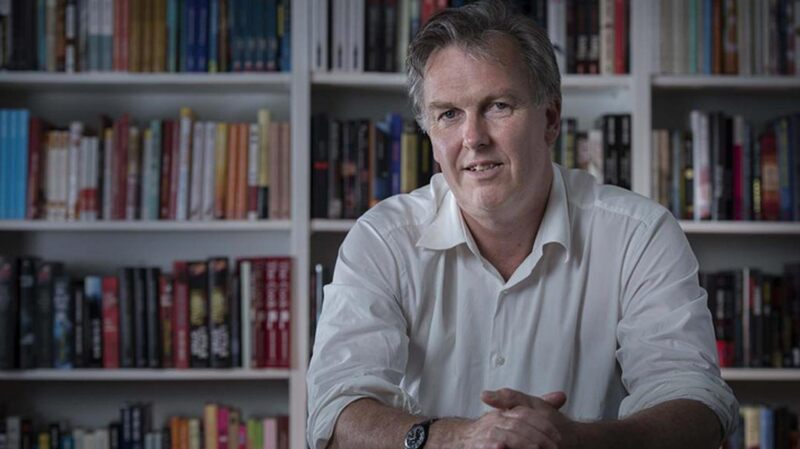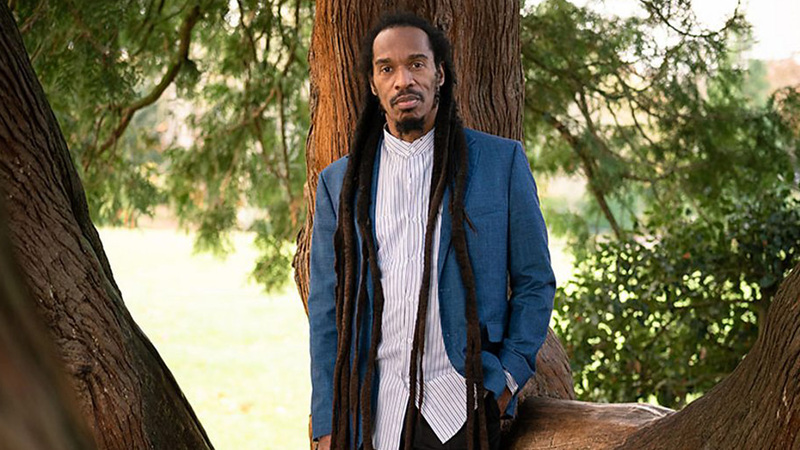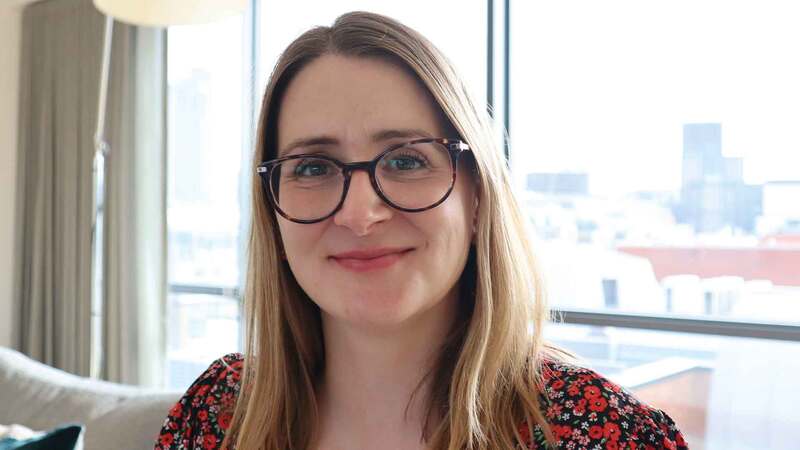You are viewing your 1 free article this month. Login to read more articles.
The cult of publishing
When we believe our work should be all-consuming, something is deeply wrong.
Ask any junior employee what they think is wrong with publishing and you’ll get a host of answers. Publishing is slow to change. Publishing doesn’t want to change. Publishing doesn’t pay well enough. There aren’t enough jobs at the top for people to progress in their careers the way they want to. It’s racist, classist, sexist. The same kinds of books are written and published by the same kinds of people.
I’m one of those junior employees and I can wax lyrical about all those answers, if you’d like. But I think there’s one thing that’s wrong with publishing that we don’t often talk about. I think publishing operates as a kind of cult.
Over my five years of working in publishing, I have come to realise that the thing that publishing demands most of all from those of us who have deigned to have careers in it is that we give our all to it. It is our "thing", the only "thing". Nothing else may come before it.
This is where all that unpaid overtime comes from. All the reading of submissions outside of working hours, all the editing in their spare time that editors and agents are forced to do because their work days are filled with endless meetings. All the work that assistants do when they get home because they haven’t been able to send a single email in their actual hours. All the events outside of the work day, the festivals that publicists are required to travel hours for.
Here’s where it turns cult-like. I have heard, over the years, countless people talk about working overtime with glee, with smugness, with ego. It is a huge achievement for them to have worked well into the middle of the night and still come to work at seven in the morning the next day. To have surrendered a weekend to work. To stay in the office so late, the lights turn off. It becomes a badge of honour, and suddenly, it’s a competition to figure out who has devoted more of their life to this job that definitely doesn’t pay them enough.
Publishing demands to be our everything and we let it. We forget that we are something else beyond our jobs.
Another cult-like behaviour from those of us who work in publishing: networking. Networking is a standard business practice across all industries. A requirement of the social underpinning of human evolution, for sure. Here’s where it differs in publishing: people will beg for an invite to an awards ceremony for books they haven’t read so they can tell people the day of and after that they were invited. If an invite doesn’t come their way, they are snubbed. Book launches are not places to celebrate authors, they are moments to see who is well-liked in the industry. Didn’t get invited to a book launch of an author you don’t read who’s published by an editor you don’t talk to? Take it as a slight on you, because that’s what it is.
I have heard people describe not being invited to any kind of publishing events as a deeply personal attack on them. Why am I not liked? Why wasn’t I wanted there? Hell, I even had people ask me why I hadn’t invited them to my own book launch, despite not having a personal relationship with them. And this regularly goes beyond professional events. Two people you barely know having dinner together without you? That’s about you. Some of your colleagues going out for lunch without you? It’s about you. An agent you bought a book from seeing another editor? It’s about you.
Then there is the gossiping. The sharing of worthless information that feels like I’ve been thrown back into secondary school, listening to children discuss the popular children and what they’re getting up to. Did you hear...? The starting to far too many conversations I’ve been part of.
When I first began working in publishing, I remember vividly being mocked for not knowing who a certain author was. Classist? For sure. Slightly racist? Could be argued. But the haughtiness with which I was mocked also points to how publishing was those people’s everything. It is the "thing". There is nothing else.
This even extends to people who have yet to get into publishing. You won’t have to scour Twitter for too long to find young people, just graduated from university, who have "publishing hopeful" in their bios. These people follow people who work in publishing, reply to their every tweet, DM them in the hopes that they might be able to get the secret that allows them into the gated halls of publishing. They go to classes to learn about how publishing works, go to London Book Fair in the hope that maybe they might meet someone who will hire them, turn up at every single book event near them so that they can touch this hallowed space.
There are other things too. The heavy implication, never actually said out loud, that those of us who work in publishing should be grateful to be here because there are so many other people who want our jobs. Senior employees’ belief that because things were hard for them when they were coming up, things should be hard for us too now. The reverence we bestow on certain people in publishing, almost always editors and agents, because they are, put simply, just doing their jobs well.
I have to confess, I haven’t worked in many other industries. Maybe this is just how we, as a species, are. But from what I hear from my friends who do not work in publishing, this isn’t the same everywhere.
We are all trapped inside this too-small industry, this insular space in which we are all pressed up against each other with no space to breathe.
Publishing demands to be our everything and we let it. We forget that we are something else beyond our jobs. We forget that these are just jobs. We have become subsumed by the monster, jostling around in its stomach, fighting for something.
I admit here that I was like this, too. Until I decided to leave London and live in South Shields, right near the coast in the North East of England. There, I allowed publishing to disappear from my life. My job was just my job. It no longer was my everything. I have since returned to London and established boundaries around my work. I will not be swallowed again.
It might be time we all stepped back and reassessed. To remind ourselves that we are not just people who work in publishing. We are, and will always be, more than that.



















